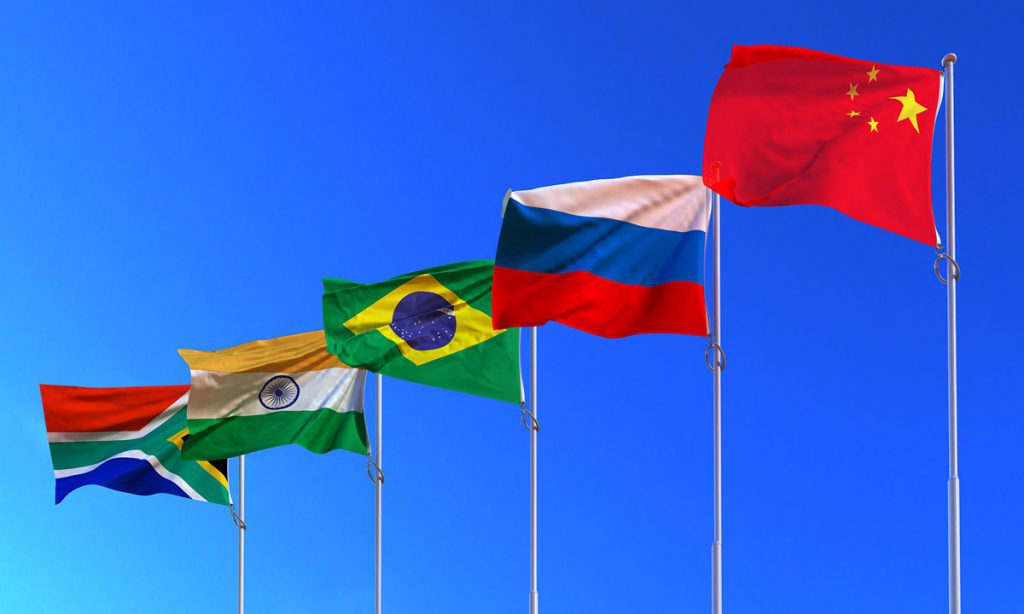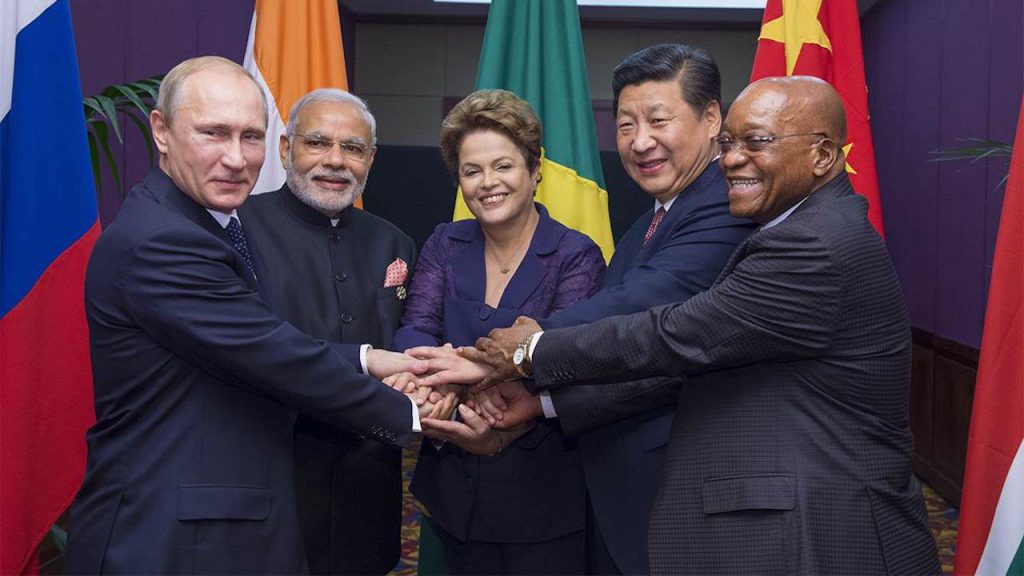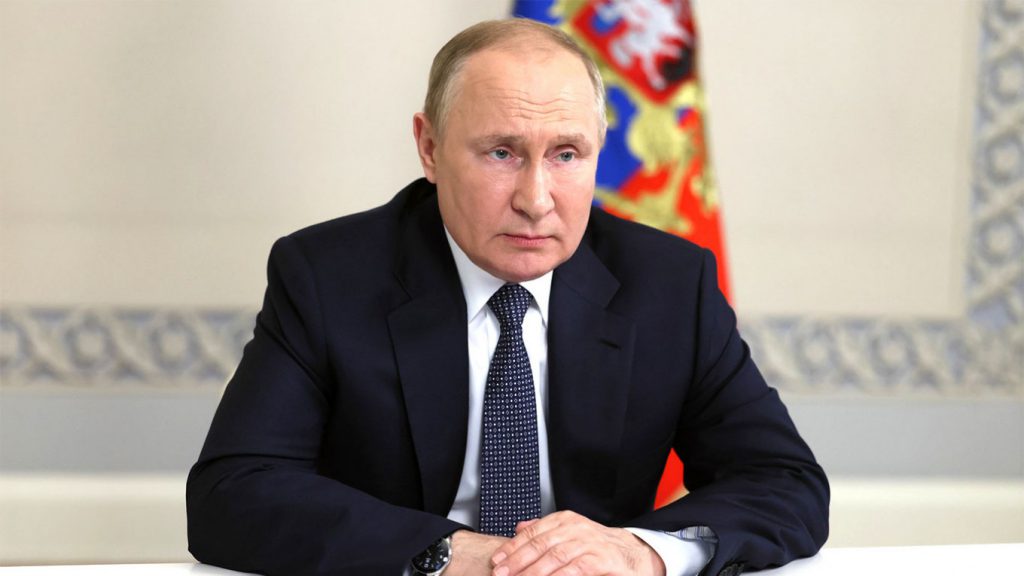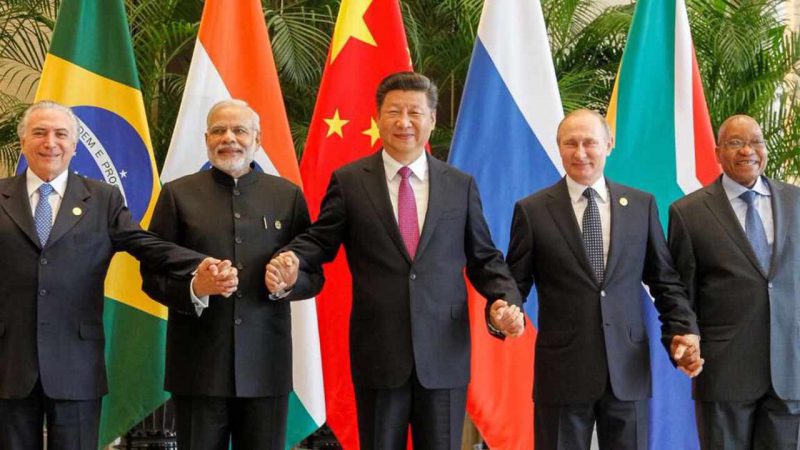Earlier this year, the BRICS collective surpassed the G7 nations in GDP regarding purchasing power parity. Moreover, its share of the world’s GDP was 31.5%, surpassing the G7 nation’s 30.7%. However, outside of its clearly growing economic power, it is its unity that is creating the greatest threat to the global power structure.
With the collective’s annual summit taking place this summer in South Africa, it has been made clear that other countries want to join the collective. Specifically, the host country has stated that 19 different nations are seeking membership. Moreover, it is the willingness to expand, that could finally usurp the West’s dominance internationally.
BRICS Commitment to Unity


A dominant headline throughout the year thus far has been the rising prevalence of BRICS. The bloc of nations has developed a clear desire to usurp the current dominance of global powers and interfere with the status quo. Conversely, through necessity, they have sought to diminish the international prevalence of the US dollar
The BRICS nations are represented by Brazil, Russia, India, China, and South Africa and have proven a massive shift in the global power balance. Alternatively, the G7 nations comprise Canada, France, Germany, Italy, Japan, the UK, and the US. Moreover, the former’s dominance has clearly been challenged.


Not just in the shifting GDP, but the BRICS nations have shown a clear commitment to unity and expansion, which severely threatens the G7 nations. Specifically, the nations have united in developing the New Development Bank. Subsequently, these countries came together in 2014 to develop an alternative to the World Bank.
Various countries, exhausted by the political actions of the World Bank and International Monetary Fund (IMF), seem ready for a change. Moreover, the BRICS bloc has seemingly drawn interest in the BRICS bank’s attractiveness to other countries. Yet, this unifying approach is immensely valuable because of its potential expansion.
BRICS Potential Expansion


The BRICS collective is open to membership applications, and the NDB is set to expand. Additionally, the idea of expansion became interesting due to the BRICS’ hopes of developing international currencies. Specifically, challenging the dominance of the US dollar in global economics.
Perhaps the BRICS countries’ commitment to unity and expansion is not seen more clearly than in the comments made by Vladimir Putin. Subsequently, in 2022, the Russian President said countries were planning a “new global reserve currency.”
Additionally, he stated that BRICS was “ready to work openly with all honest patterns.” Thus, adding to previous statements from Chinese diplomats of a willingness to expand. Conversely, how the G7 nations could combat the shifting power balance remains to be seen. Yet, the current trajectory suggests that a course back to relevance would be intensely difficult.





